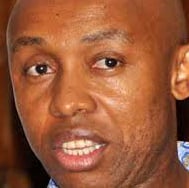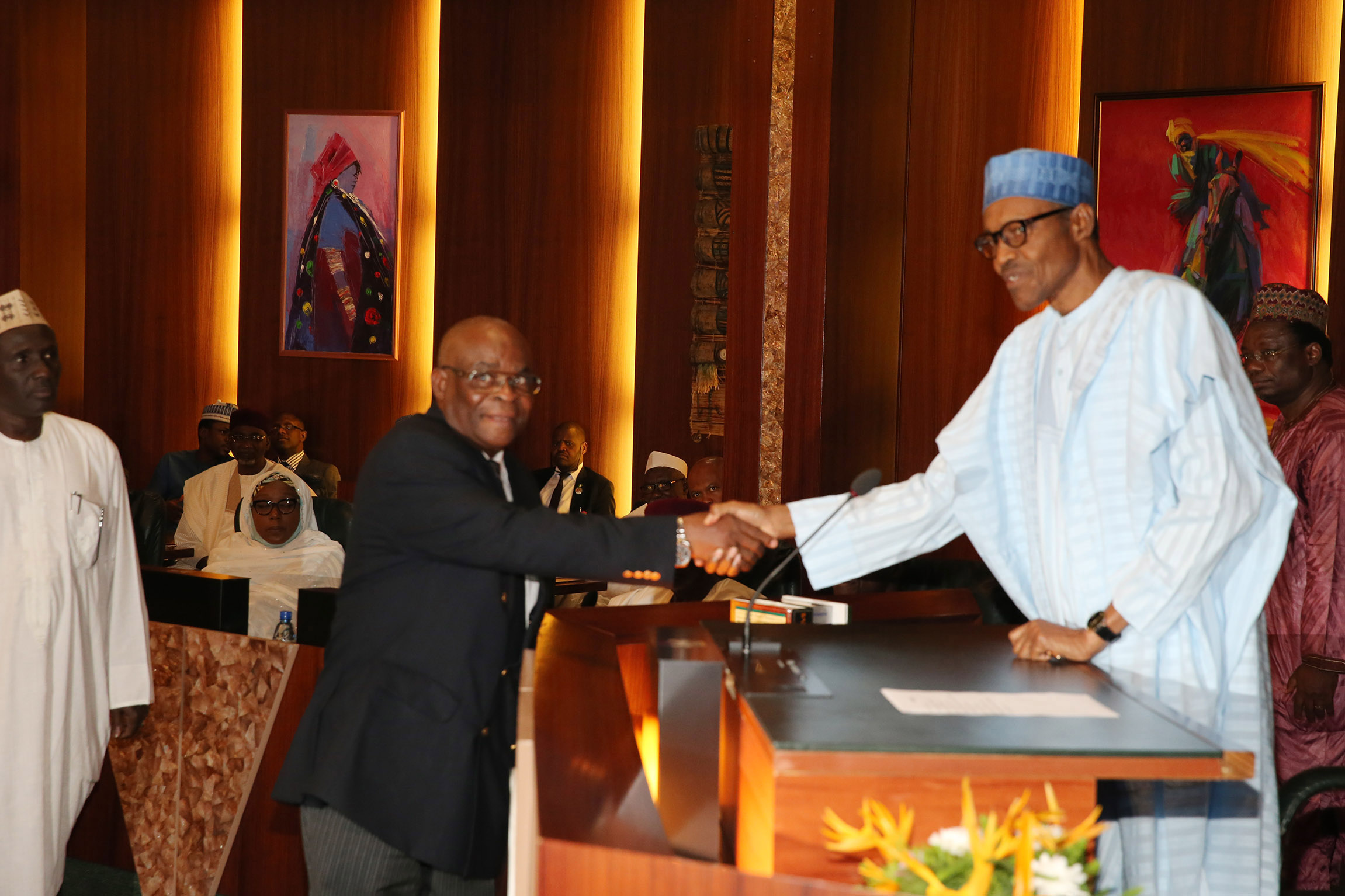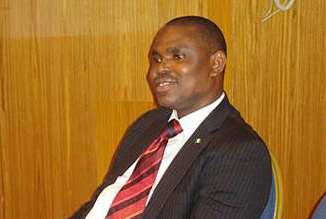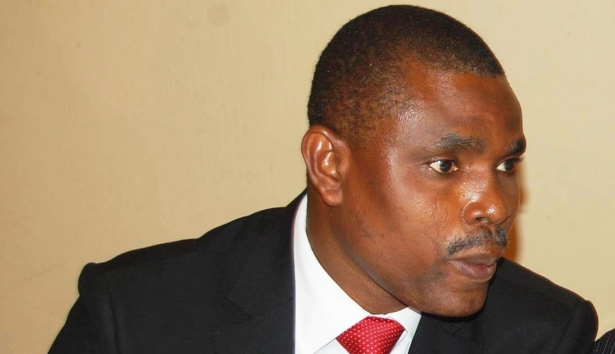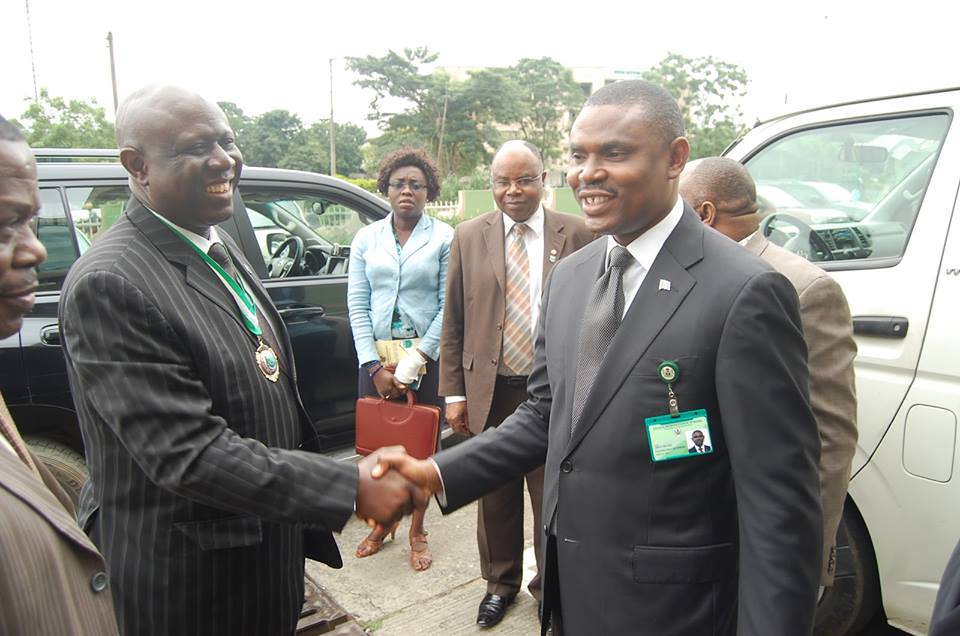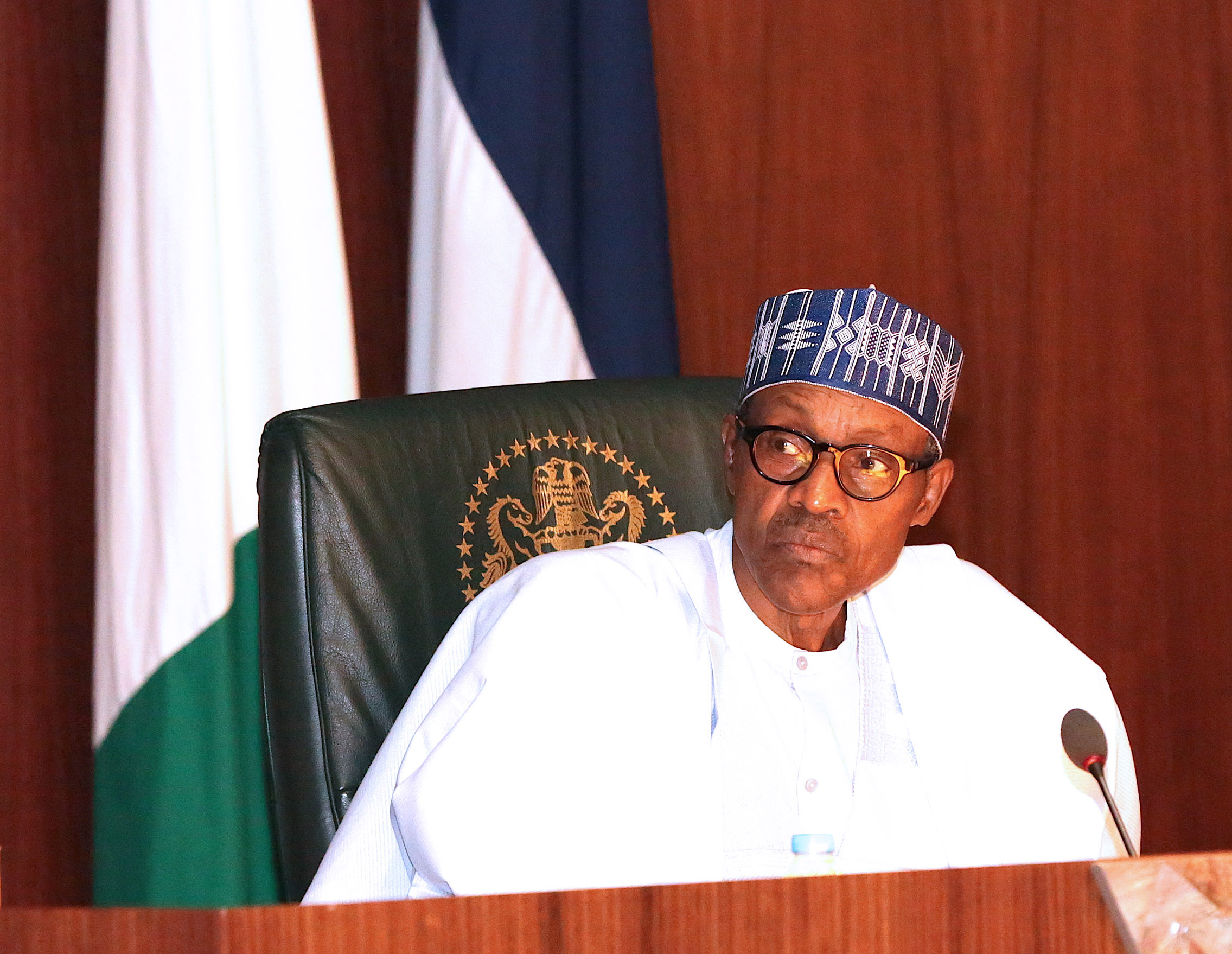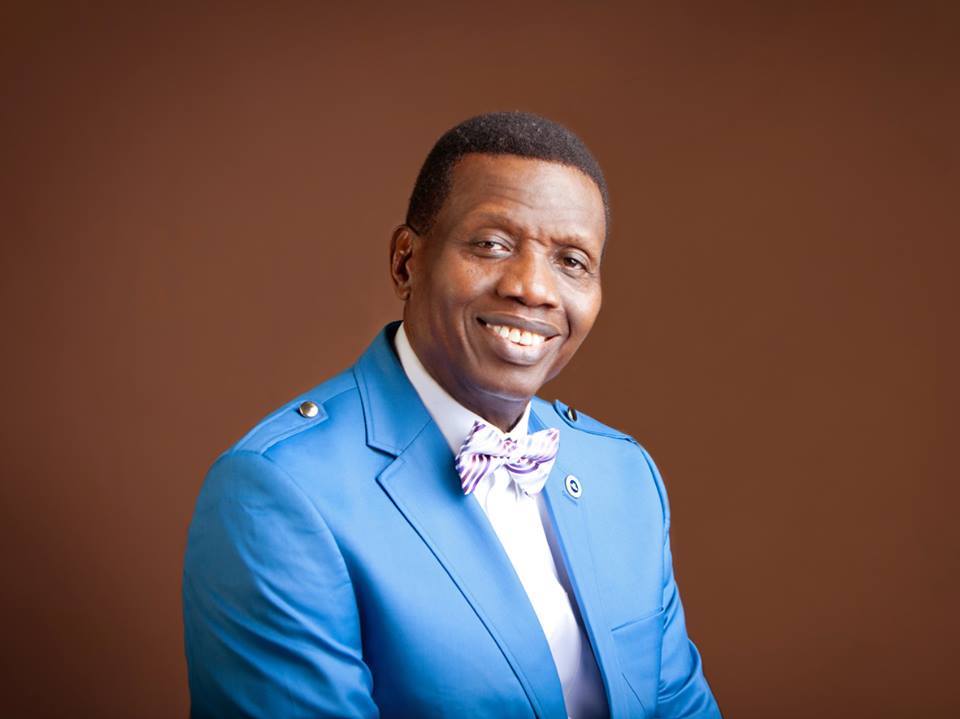Three things defined Nigeria’s legal system in 2016. One, the economy went into negative growth, afflicting every sector with deficits of both expectations and of outcomes. Second, a pattern began to emerge suggesting that the administration of President Buhari appears to work to a default setting of quick-fix martial solutions to many problems. Third, the anti-corruption campaign of the administration suffered some reversals and navigated unpredicted turns, producing on the whole uneven outcomes. These occurred amidst significant transitions and institutional uncertainty at the highest levels of the administration of justice in Nigeria, including the leadership of the Nigeria Police Force and the office of the Chief Justice of Nigeria (CJN).
The result was a year in which there was arguably a lot of rule but not much law. The challenge for Nigeria’s legal system in 2017 will be restoring some modicum of functionality to and belief in the rule of law. Dependent, in all likelihood, on externalities from outside the institutions of the judiciary and the legal process, achieving this will not be easy or straightforward. 2017 could well be be the year for unmasking the ruse of law.
Looking back at 2016: Security Services vs. The Judiciary
2016 was not an easy year by any stretch for Nigeria’s legal system or for its operators and users. A steep economic downturn left adverse imprints on many areas of economic and professional life, including legal practice and the delivery of judicial services. It is difficult to under-estimate the effect that this had on standards of legal and judicial services. In many states, courts were shut down for long periods over non-payment of the salaries of court personnel. In December 2016, it was reported that over 500 or nearly half of the judges of Superior Courts of Record in Nigeria were owed salaries. It was not the first such report during the year. The irony of this happening in the middle of a much-touted fight against corruption in the judiciary will not be lost on many. The combination of shrinking economy, rising cost of living and non-payment of salaries would not have much helped the effort to tamp down judicial corruption.
This provides an interesting context to the issue of corruption in the judiciary generally. In 2016, President Buhari was quite voluble about his dis-satisfaction with the judiciary. He complained about “what I went through for 12 years, when I wanted to be the President, I attempted three times “, referring to his three successive Presidential election petitions, fought unsuccessfully before the Supreme Court in 2003, 2007 and 2011. It was unsurprising, therefore, that the President declared that “corruption vis-à-vis the judiciary… is my main headache for now.” It appeared evident in the course of the year that the administration was not too happy with the outcome of several governorship election petitions. Quite apart from these, the security services were equally seething from adverse judicial orders in several high profile cases, including those involving former National Security Adviser (NSA), Sambo Dasuki; self-proclaimed leader of the Indigenous People of Biafra (IPOB), Nnamdi Kanu; the leader of the Islamic Movement of Nigerian (IMN), Sheikh El-Zakzaky; and retired senior Air Force officer, Air Commodore Umar Mohammed. All these men were under prolonged detention. Following a lead telegraphed by the President in a much –publicised media encounter, the security services would proceed in 2016 to serially disregard judicial orders for their release or production.
Advertisement
The methods of the administration divided opinion. In October 2016, the State Security Service (SSS), a secretive secret police established under a 30 year-old military decree that still precludes judicial supervision, carried out mid-night raids on the residences of seven senior judges, following which it put out various claims alleging sundry acts of corruption against the affected judges. Other judges were also subsequently picked up from various parts of the country and detained for varying periods during the remainder of the year.
Curiously, some of the judges affected by these raids had issued orders against the security services in the cases involving Dasuki, Kanu, and Umar Mohammed, which orders the security services chose to disobey. One of the judges would later allege that he and his household were physically assaulted during these raids, which were carried out without lawful authority. His case files were seized and had not been returned by the end of the year. Another equally alleged that the raid was reprisal for complaints that he had previously made against the professional standards of the current Attorney-General of the Federation when he was in private practice some years ago in Kano; and at least two others alleged that the measures were in retaliation for their refusal of approaches from senior regime actors designed to compromise their judicial roles. Two of the judges have since been arraigned, with trials scheduled to begin early in 2017.
In separate cases, by the end of the year, at least three Senior Advocates of Nigeria (SANs) were also under trial on various charges of criminal mis-conduct as was the Chief Registrar of the Supreme Court. Several more were under investigation for suspiciously ostentatious payments that did not pass the smell test, made to senior judicial figures.
Advertisement
By the end of the year, the fight against corruption had ensnared its chief priests. The Senate nixed the nomination of a Chairman of the Economic and Financial Crimes Commission, himself the current incumbent in an acting capacity in the seat – after a report from the SSS alleging corrupt practices against him. The Senate similarly revealed various allegations of corrupt practices against the Secretary to the Government of the Federation. Despite the seriousness of these allegations, the administration appeared to be in no haste to take any serious steps in response to them.
A growing footprint of unredressed violence
The arrest of the judges arguably had one positive upshot. They put the National Judicial Council (NJC), which has responsibility for judicial discipline, under the spotlight, forcing it to take a more serious view of its remit. It recommended the dismissal of a record number of judges during the year, including the prosecution of at least two, and the compulsory retirement of a State Chief Judge, whose case – by the end of the year – was also before the Economic and Financial Crimes (EFCC) for investigation.
There was one clear downside, however. Notwithstanding the undoubted successes of the administration in rolling back the Boko Haram insurgency in the North-East of Nigeria, the footprint of unlawful violence had ramified. The administration appeared to believe increasingly in the power of martial solutions beyond the reach of judicial oversight. During the course of the year, security agencies under the control of the federal government admitted to killing over 347 people and burying all of them in a mass grave in the Mando (Kaduna) following their December 2015 encounter with the IMN in Zaria, Kaduna State. Allegations of mass killings by security agencies equally were made in operations in different parts of South-East and South-South Nigeria. In the face of no public reaction by the Federal Government, these allegations were taken before the Chief Prosecutor of the International Criminal Court (ICC) in The Hague. In November, the Prosecutor determined that she would proceed with examining the Zaria Massacre for possible investigation for crimes under the ICC Statute but would not be examining the other allegations on alleged killings in the South-East or South-South of Nigeria under the Statute.
Elections had also become sights of deadly violence, with serious allegations of malfeasance dogging the role of the armed forces, police and security agencies generally in the Rivers State re-run elections on Human Rights Day in 2016. Other areas of deadly violence were reported from the growing field of conflict involving pastoralists and sedentary farmers. By the end of the year, the unsolved massacres in Southern Kaduna were dominating the news. One human rights group claimed that violence had accounted for over 9,000 unlawful killings, mostly by regime agents, during the 18 months of the administration. This number remained to be independently verified at the time of writing.
Advertisement
New faces; some passages
2016 began with a new Attorney-General of the Federation settling into office after taking the Ministerial oath in November 2015. By the middle of the year, the country witnessed the appointment of a new Inspector-General of Police, whose elevation was paved by a mass cull of over thirty other police officers said to be senior to him in the service.
It was a mixed year for the Bar and for Senior Advocates. Many senior lawyers faced uncomfortable questions about their integrity with some arraigned on shameful allegations of corrupt criminality. The Nigerian Bar Association (NBA), elected a new President, Abubakar Mahmoud, himself a Senior Advocate, on a promise of installing a #BraveNewBar. One of his predecessors, Rotimi Akeredolu, also a Senior Advocate, was elected the Governor of Ondo State, in a contest in which all the leading candidates were lawyers. The year ended with the passing of major figures in Nigeria’s legal profession including pioneering legal publisher and researcher, Deji Sasegbon; and former General Secretary of the NBA, Obi Okwusogu, both much admired Senior Advocates.
By the end of the year, the judiciary was in an inconclusive transition. Following the retirement of the Chief Justice of the Federation in November 2016, the President dithered in transmitting a request for his replacement to the Senate for confirmation. In the end, he took the unprecedented step of appointing a Chief Justice in acting capacity, and a Presidency spokesperson is reported to have claimed that the appointment was on “probation”. This is tenable for a constitutionally limited duration of three months. Rumours of an effort to “pack” the Supreme Court and other Superior Courts gained strength during the year but failed to materialize. All three appointments to the Supreme Court in 2016 were from senior Justices of the Court of Appeal tapped to fill existing vacancies. The question of succession to the office of Chief Justice will be high on the agenda of Nigeria’s institutions in 2017.
Looking forward to 2017
All this suggests that 2017 will be a significant, if trying year for Nigeria’s legal, judicial and institutional systems. There will be major decisions to take, none more important in its implications than the fate of the office of the Chief Justice of the Federation. With the judiciary under pressure, this is an important transition and how the administration manages it will go a long way to telegraphing its inclinations. The consequences could cascade into many areas, including determining the fate of the senior judges and lawyers under trial on various allegations of criminal mis-conduct linked to corruption and abuse of power. Other important offices that will need filling in the legal system include the vacancies at the level of the senior leadership of the National Human Rights Commission.
Advertisement
In the fights against both corruption and insecurity, a narrative has emerged of an administration for which due process may be seen as “an inconvenient obstacle” and of what a popular columnist called “mixed messages on ‘invasive plant species’ and grass-cutting buccaneers”. The methods of the administration appear to have favoured self-help over due process, leading Thisday’s Simon Kolawole to caution: “while naming and shaming may excite the lynch mob, an anti-graft war built solely on this approach will not work.” The country and the world will wait to find out whether the administration of President Buhari considers it fit to finally unveil a coherent strategy for its fight against corruption and impunity in 2017.
If such a strategy is evolved, the allocation of inter-agency roles, responsibilities and co-ordination will be a major part of its mission. The wisdom of the SSS undertaking mid-night raids over allegations of corruption against judges whose orders it had persistently disobeyed was always dubious at best. The full consequences of these measures will become evident during 2017. Similarly, the administration’s strategy for tackling the violence in the Niger Delta will have consequences for its revenues and the wider economy. These will be important areas to watch in 2017.
Advertisement
In the end, the most striking thing is that the most important outcomes for the legal system in Nigeria in 2017 could well depend on decisions taken by politicians, soldiers, security people and Central Bankers. The year will end with elections in Anambra State in November 2017. That could be the point when the country learns lessons about the immediate future of its current experiment with elective governance. The path until that point will be both exciting and interesting.
Chidi Odinkalu is Interim Chair of the Section on Public Interest and Development Law (SPIDEL) and a member of the National Executive Committee (NEC) of the Nigerian Bar Association (NBA). Opinions are personal.
Advertisement
Views expressed by contributors are strictly personal and not of TheCable.
Add a comment
